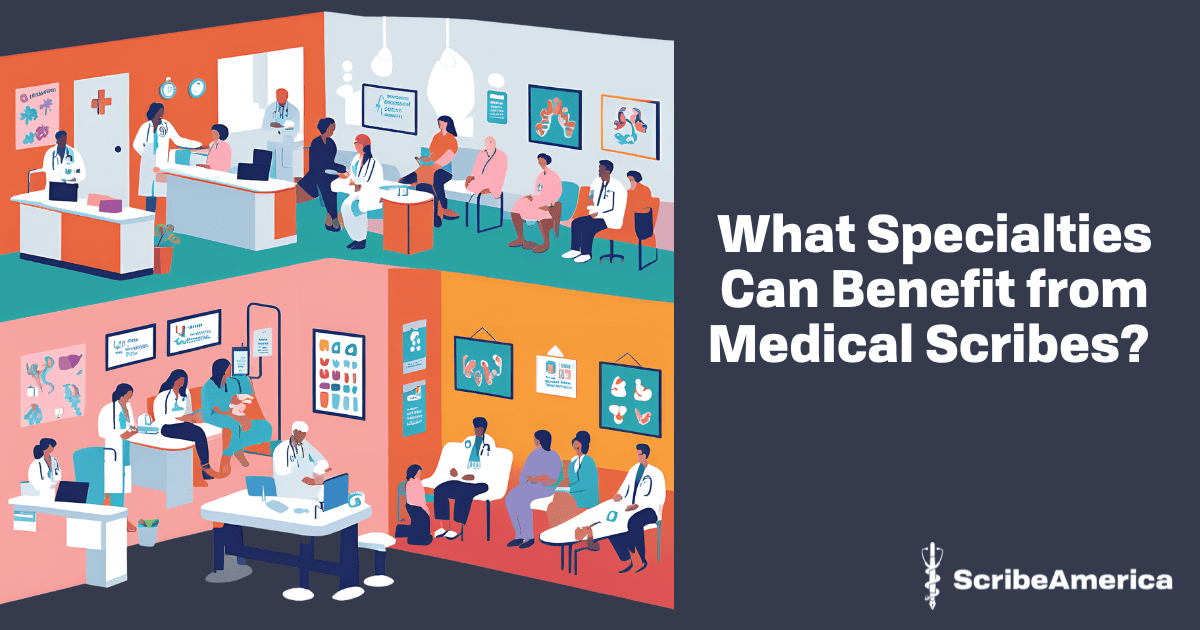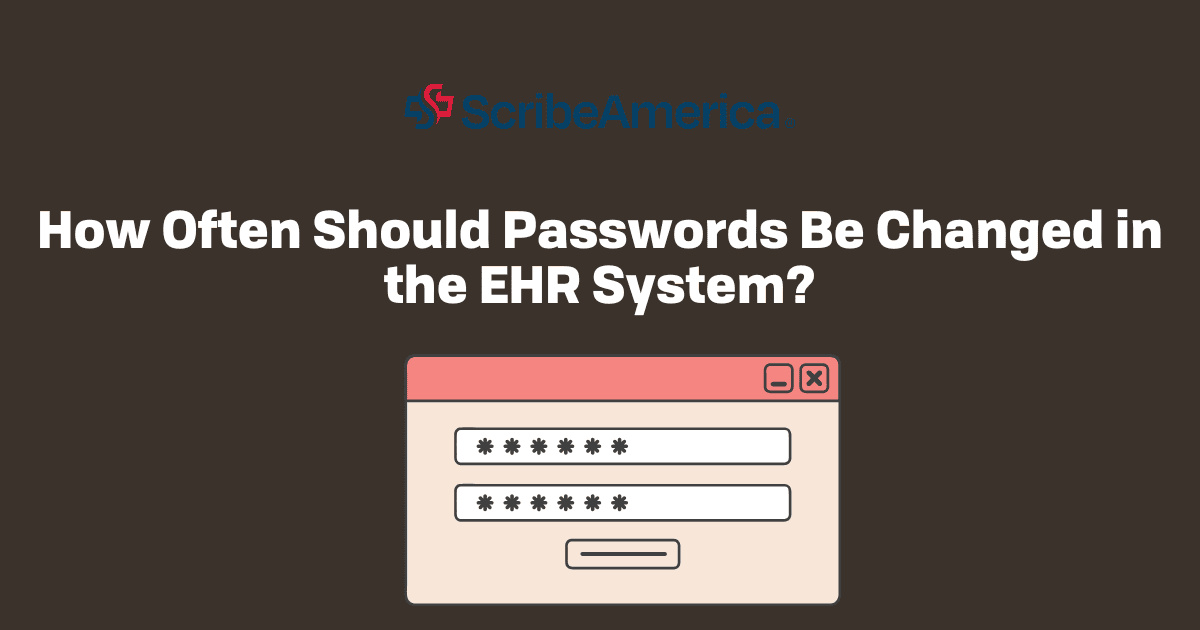Medical scribes have become an essential part of modern healthcare, lightening the load for physicians by handling time-consuming tasks like documentation. But what many don’t realize is that scribes can be invaluable across a range of specialties, not just in general practice or emergency care. The integration of scribes into healthcare settings offers both immediate and long-term benefits, enhancing workflow and patient care.
Specialties that benefit from medical scribes
In fast-paced environments like emergency medicine, where every second counts, medical scribes can relieve the pressure on doctors by taking care of detailed note-taking, freeing up more time for patient interaction and decision-making. With scribes managing the paperwork, physicians can focus entirely on delivering quick and effective treatment, which can be a literal life-saver in emergency scenarios.
Primary care physicians, who often handle a heavy load of routine appointments, also benefit greatly from having a medical scribe. These practitioners typically deal with multiple patients in a day, each requiring careful documentation. Scribes allow primary care providers to stay focused on their patients rather than dividing their attention between the patient and the computer screen. The result? More meaningful patient-doctor conversations and, in turn, better health outcomes.

While primary care and emergency medicine are obvious candidates, specialties like orthopedics, dermatology, and cardiology can also see major benefits of having a medical scribe. In orthopedics, physicians often deal with complex injuries and require extensive notes about physical exams, imaging studies, and treatment plans. With a scribe taking detailed notes, orthopedic surgeons can concentrate on diagnosis and surgery planning rather than drowning in documentation.
Similarly, in dermatology, medical scribes help streamline patient consultations by recording every detail - whether it’s about skin conditions, treatments, or the patient's medical history. Dermatologists who use scribes report faster workflows and more thorough documentation, all while being able to maintain a higher level of care for their patients.
Cardiology, another highly specialized field, involves complex patient histories, treatments, and ongoing monitoring. With a scribe in the room, nothing gets lost in the shuffle and specialists can focus on interpreting diagnostic results and planning treatment, rather than worrying about record-keeping.
Benefits of medical scribes in specialized care
The benefits of having a medical scribe in specialized care go beyond mere convenience. For specialties with intricate procedures and detailed notes - such as oncology and surgery - scribes provide critical support. Oncologists, for instance, handle sensitive conversations with patients battling cancer. Having a scribe means these doctors can give their full attention to their patients during such emotionally charged consultations, knowing that all details are being accurately recorded.
The benefits of medical scribes extend into even niche specialties like rheumatology and neurology, where patient histories can be complex and visits often involve long consultations. Scribes help ensure that everything from diagnosis to treatment planning is properly documented, allowing doctors to focus on patients rather than the keyboard.
The takeaway
From fast-paced emergency rooms to specialized practices like cardiology and oncology, the benefits of medical scribes are undeniable.
These professionals provide an extra layer of support that not only enhances the physician's ability to focus on patients but also leads to more accurate documentation and a better overall experience for patients. As healthcare continues to evolve, more and more specialties will benefit from medical scribes, improving efficiency and patient satisfaction across the board.




